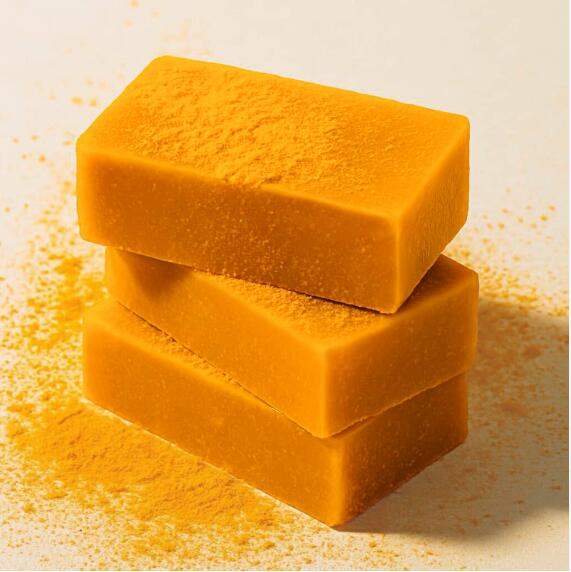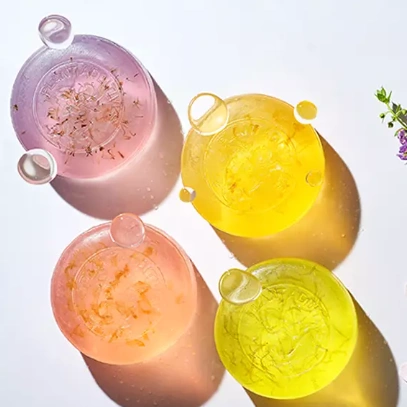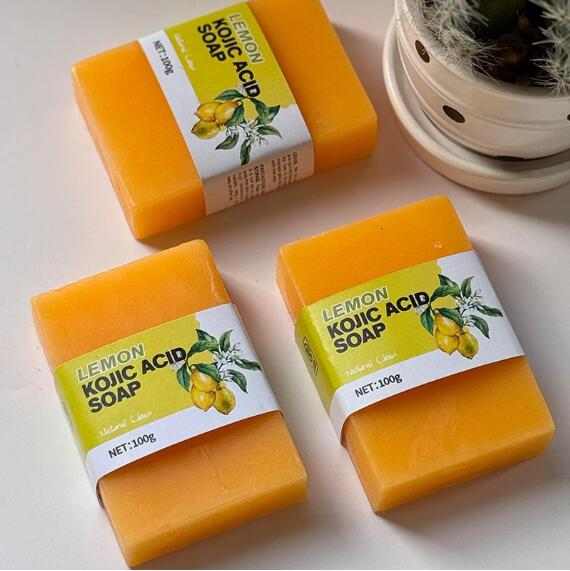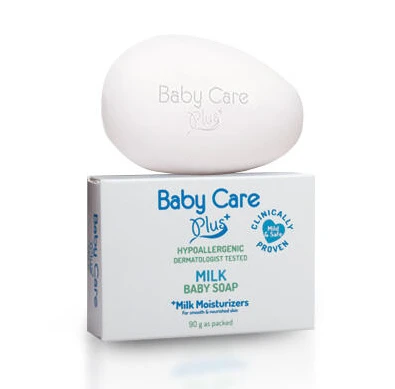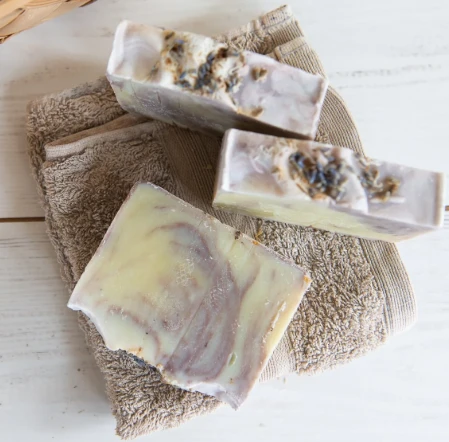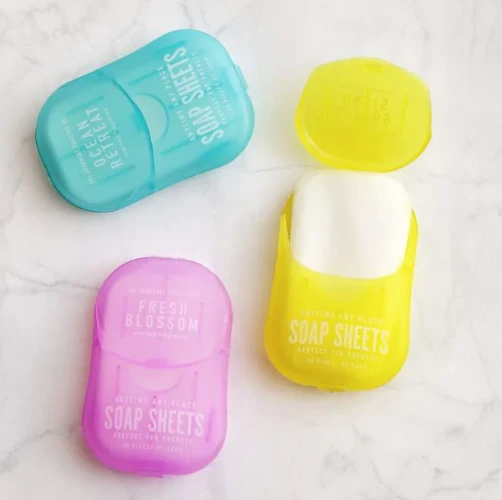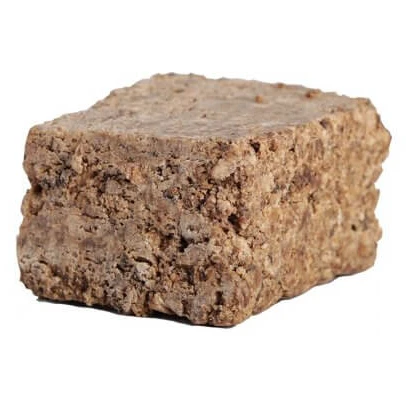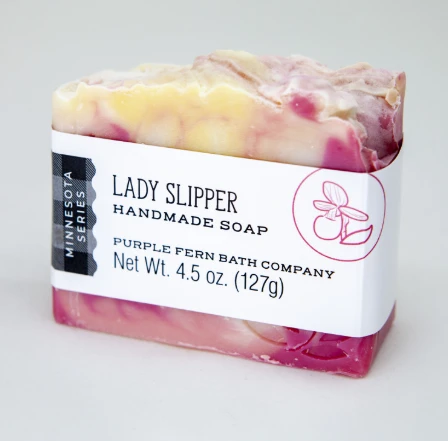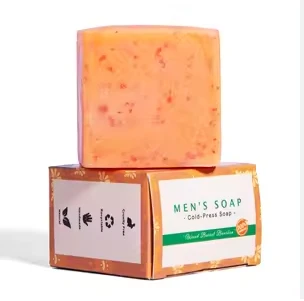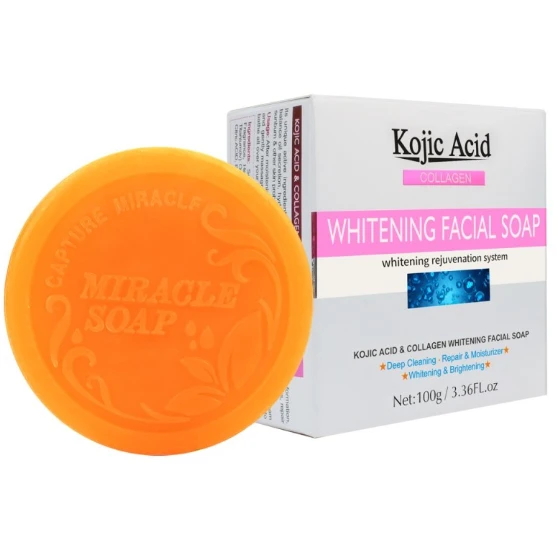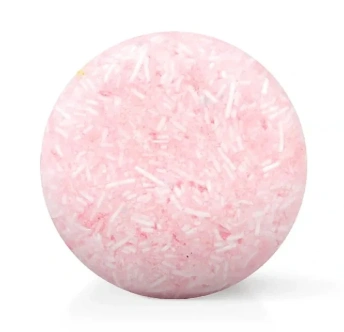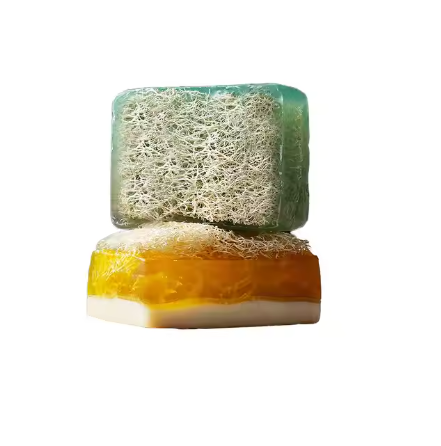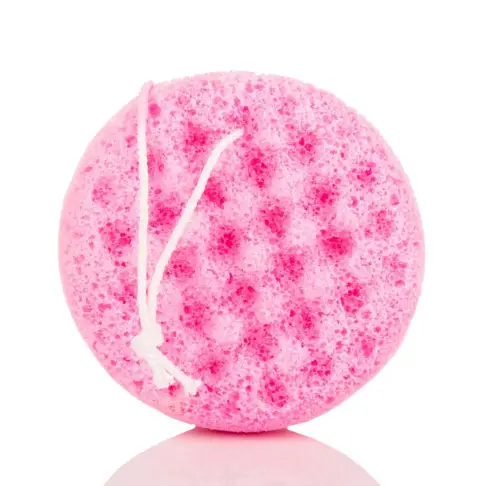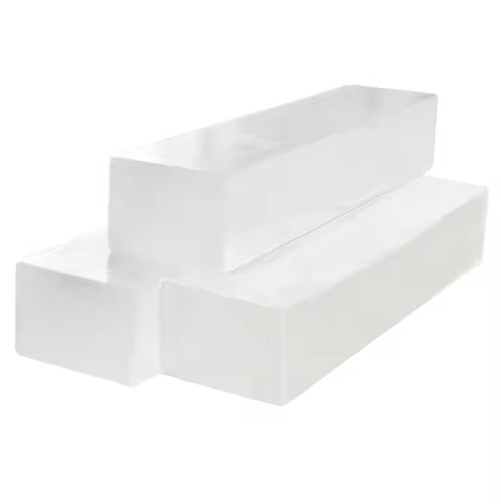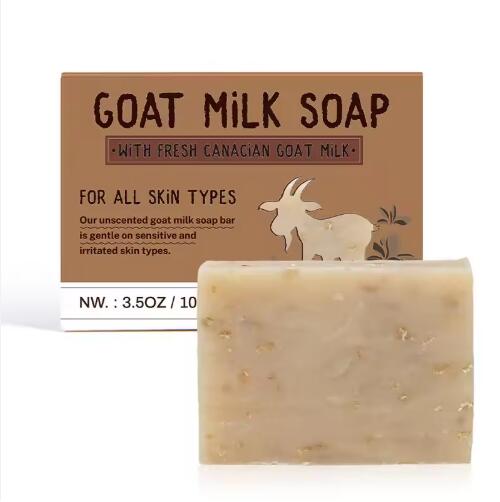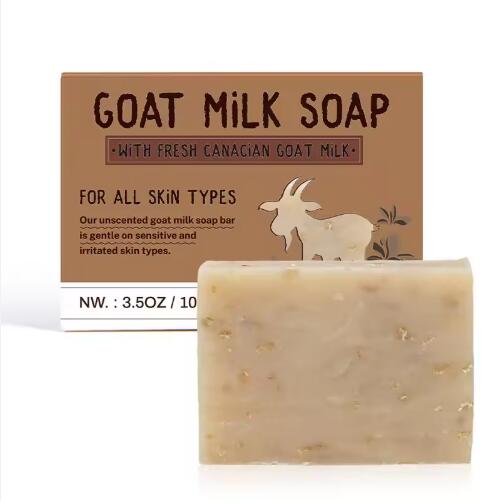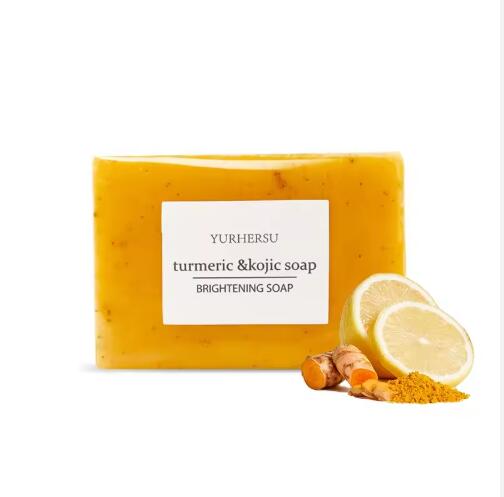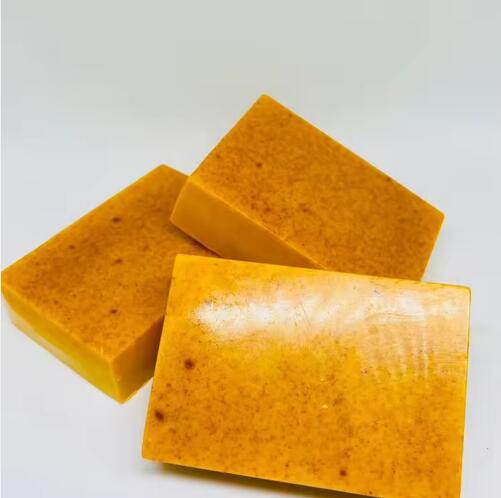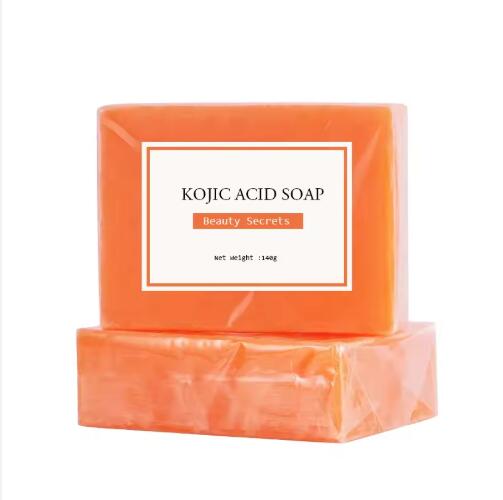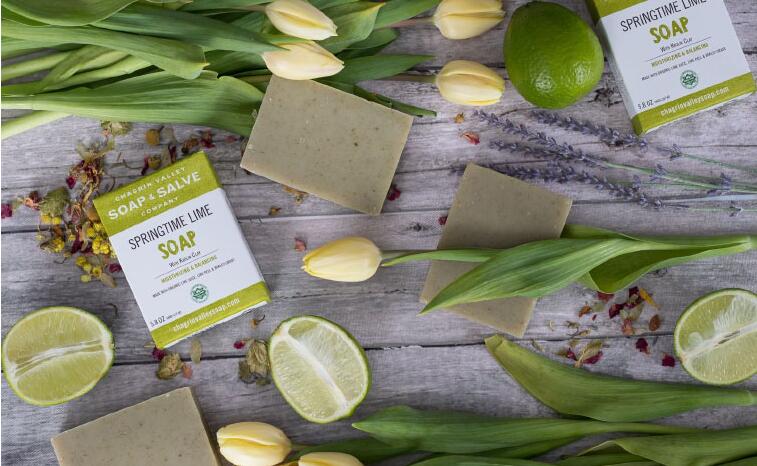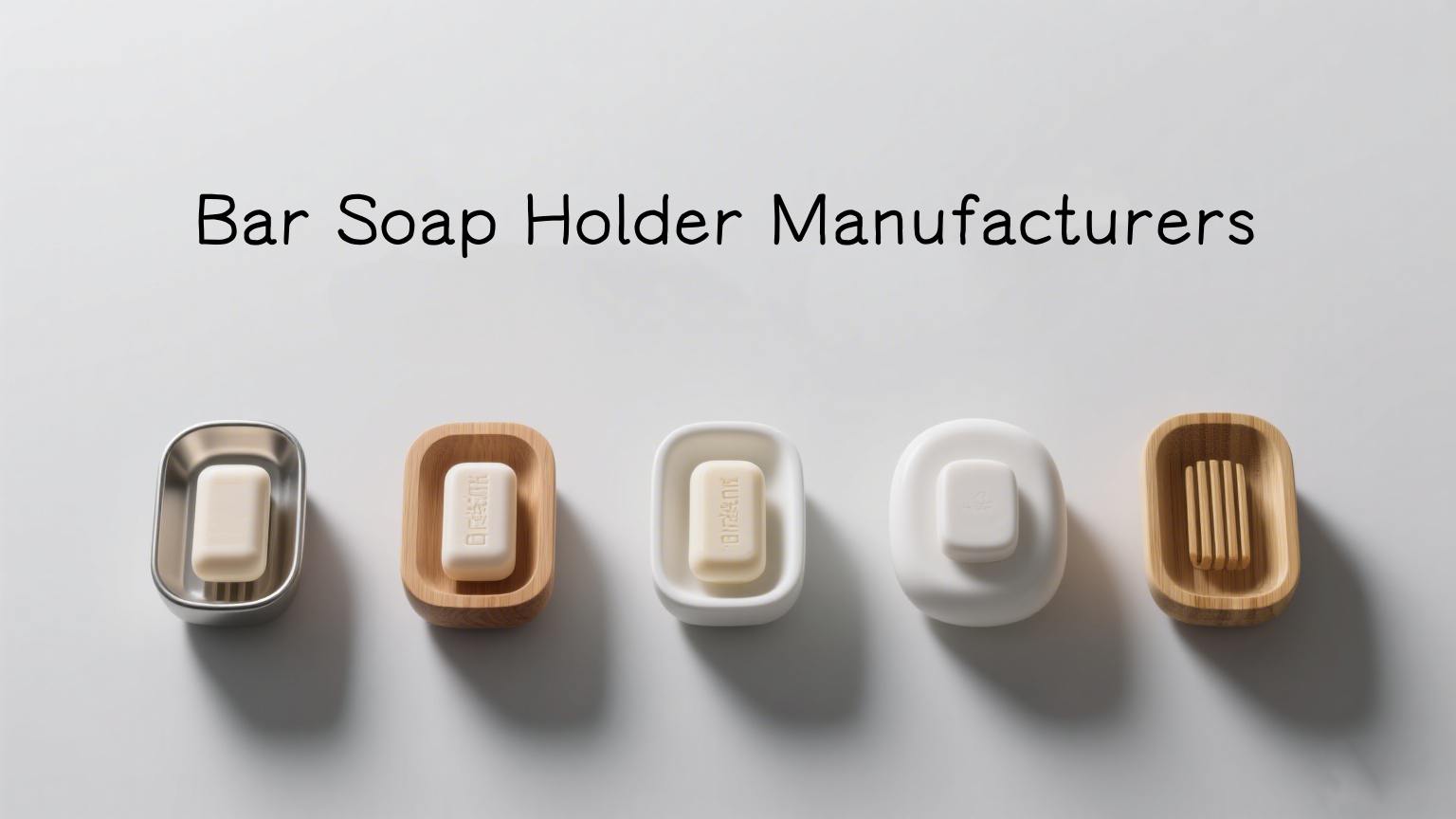Top 10 Shampoo Bar Brands in China | Best Eco-Friendly Hair Care 2025
In China, the shampoo bar market has been growing quickly over the past few years as more people choose eco-friendly and long-lasting personal care goods. Shampoo bars are a low-waste alternative to liquid shampoos that come in plastic bottles. They are in line with the global drive to reduce single-use plastics. More and more Chinese customers, especially younger people, are looking for products that are good for the environment, work well, have gentle ingredients, and are easy to use.
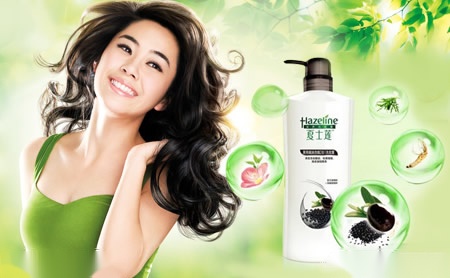
This piece talks about the best shampoo bar brands in China by using official rankings and feedback from customers. Our goal is to help readers find the best choices and pick the shampoo bar that best meets their needs by looking at their individual strengths, product lines, and market presence.
How the Ranking Was Determined
Understanding how the best shampoo bar brands in China are ranked is crucial. We base our list on brand strength, sales success, consumer reputation, and online voting from Chinese market data sources. This shows each brand's popularity and trustworthiness in the personal care business.
The list emphasizes firms that shine out in online marketplaces, e-commerce platforms, and social media discussions, which influence Chinese consumer choices. Natural ingredients, local customer insights, and inventive packaging are helping growing Chinese brands like LagunaSud and MATINROSIE stand out. Dove and Lush are well-known worldwide.
Global and domestic competition presents a dynamic view of China's shampoo bar business. We can understand why each brand is in the Top 10 Shampoo Bar Brands in China by studying their strengths and consumer attractiveness.
Top 10 Shampoo Bar Brands in China
1. Safeguard (舒肤佳)
Safeguard is one of the most trusted hygiene brands in China. Known for its antibacterial soaps, the brand has extended its expertise into the shampoo bar category. Safeguard’s shampoo bars are designed for deep cleansing and scalp protection, making them a reliable choice for everyday use. With strong nationwide distribution in supermarkets and e-commerce platforms, Safeguard appeals to families and budget-conscious consumers who prioritize safety and practicality.
2. Dove (多芬)
Dove, a global personal care giant, is widely recognized for its focus on gentle formulations and nourishment. In China, Dove’s shampoo bars stand out for their moisturizing properties, catering especially to dry or damaged hair. The brand emphasizes skin-friendly, pH-balanced care, which resonates with Chinese consumers looking for a mild yet effective alternative to liquid shampoos. As an internationally established brand, Dove benefits from strong credibility and consistent quality.
3. Lush (岚舒)
Lush is an international pioneer of solid beauty products and one of the earliest brands to popularize shampoo bars worldwide. In China, Lush is favored by eco-conscious consumers who value handmade, vegan, and zero-waste beauty solutions. Lush shampoo bars often include natural essential oils and vibrant scents, making them both functional and sensory experiences. Though priced at a premium, Lush appeals to younger, urban consumers who prioritize sustainability and individuality.
4. Hazeline (夏士莲)
Hazeline, known for its herbal and plant-based skincare heritage, has adapted its reputation into the shampoo bar market. Its products highlight botanical extracts and natural ingredients, appealing to consumers who prefer gentle cleansing with a touch of traditional herbal care. Hazeline positions itself as both affordable and reliable, making its shampoo bars a popular choice in mass-market segments across China.
5. Yilianfei (伊莲菲)
Yilianfei is a rising domestic brand focused on natural beauty and hair care solutions. Its shampoo bars are formulated with plant-derived oils and nourishing ingredients, targeting consumers who are increasingly concerned about scalp health and chemical-free products. While not as globally recognized as some competitors, Yilianfei is carving out a niche in the Chinese market with its dedication to clean beauty.
6. MATINROSIE (玛汀露丝)
MATINROSIE is a fashionable Chinese personal care brand that has gained traction through social media and influencer marketing. Its shampoo bars are designed to be aesthetic, fragrant, and effective, often catering to young female consumers who seek trendy, Instagram-worthy products. Beyond visual appeal, MATINROSIE emphasizes formulas that address different hair concerns such as oil control, hydration, and shine.
7. AYUAN (阿原草本)
AYUAN, also known as Yuan Skincare, is a Taiwanese brand famous for its herbal-based beauty philosophy. In China, AYUAN shampoo bars are celebrated for their traditional Chinese medicine-inspired formulas, using natural herbs to balance scalp and hair health. The brand appeals to consumers looking for holistic and wellness-driven products, positioning itself in the premium niche of natural hair care.
8. LagunaSud (南娜)
LagunaSud, often called “Nanna” in China, is a domestic brand that focuses heavily on plant-based, eco-friendly formulations. Its shampoo bars are popular for their mild cleansing, natural scents, and stylish minimalist packaging. By leveraging the rising interest in green beauty, LagunaSud has established a strong reputation among environmentally conscious millennials and Gen Z consumers.
9. V.ROSE (薇润)
V.ROSE combines modern cosmetic science with natural extracts to create shampoo bars that emphasize hydration and scalp nourishment. The brand highlights ingredients like rose essence and essential oils, making its products appealing to consumers who value fragrance as part of their hair care ritual. Positioned between mass and premium markets, V.ROSE attracts a wide range of buyers seeking both functionality and elegance.
10. LangLangXiong (朗朗熊)
LangLangXiong, a playful and youth-oriented brand, offers shampoo bars that are affordable, colorful, and fun. While positioned in the entry-level price range, its products aim to deliver reliable cleansing with a touch of personality. The brand resonates with students and young adults who are curious about shampoo bars but hesitant to invest in higher-priced options. LangLangXiong demonstrates how affordable innovation is making solid hair care more accessible to everyday consumers in China.
Comparison & Trends in China’s Shampoo Bar Market
The Chinese shampoo bar market demonstrates a fascinating blend of global giants and innovative local brands. While international players such as Dove and Lush rely on their global reputations and consistent product quality, domestic brands like LagunaSud and MATINROSIE are gaining momentum by appealing to local consumer preferences and online culture.
Ingredient & Formula Trends
Natural and botanical extracts: Brands like Hazeline and AYUAN highlight herbal and plant-based ingredients, catering to consumers who seek scalp-friendly, chemical-free solutions.
Moisturizing and nourishing oils: Dove and V.ROSE focus on hydration, appealing to consumers with dry or damaged hair.
Cleansing and antibacterial formulas: Safeguard maintains its legacy by emphasizing cleanliness and scalp protection.
Packaging & Sustainability
Eco-consciousness is one of the strongest drivers of shampoo bar popularity in China. Brands such as Lush and LagunaSud lead the way with zero-waste or minimal packaging, while others are following with recyclable or biodegradable wrapping. Younger Chinese consumers increasingly value brands that demonstrate responsibility toward the environment.
Market Positioning & Pricing
Premium positioning: Lush, AYUAN, and V.ROSE target eco-luxury consumers with higher price points and sophisticated branding.
Mass-market affordability: Safeguard, Dove, and Hazeline ensure wide accessibility at lower prices.
Trendy mid-range: MATINROSIE and LagunaSud attract millennials and Gen Z with fashionable, Instagram-friendly designs.
Budget-friendly experimentation: LangLangXiong offers entry-level products, helping newcomers try shampoo bars without a big investment.
Consumer Preferences & Emerging Trends
Hair and scalp health focus: Rising concerns about hair loss and scalp sensitivity have boosted demand for mild, dermatologically safe shampoo bars.
Fragrance-driven purchases: Consumers often associate shampoo bars with a “spa-like” experience, making scent a key differentiator.
E-commerce dominance: Platforms like Tmall, JD.com, and Xiaohongshu (Little Red Book) have become essential for brand exposure and consumer trust.
Rise of domestic brands: Local companies are leveraging short video marketing and influencer endorsements to quickly build awareness and compete with established international players.
Overall, the market is shifting toward sustainable beauty, personalized formulas, and lifestyle-driven branding, with shampoo bars becoming more than just a functional product—they are also a symbol of eco-conscious living in China.
How to Choose the Best Shampoo Bar
There are so many choices that it can be hard to pick the best shampoo bar in China. Here are some useful recommendations to help you select the right style for your hair and way of life.
1. Think about what kind of hair you have
If you have oily hair, look for shampoo bars that can really clean your hair, like those made by Safeguard or Hazeline.
If your hair is dry or damaged, choose nourishing products with oils and hydrating elements, such as Dove or V.ROSE.
If you have a sensitive scalp, go for light, herbal-based products like AYUAN or Yilianfei that contain plant extracts and stay away from harsh chemicals.
For normal or combination hair, companies like LagunaSud or MATINROSIE make great balanced solutions.
2. Look at the Ingredients
Always check the label. More and more Chinese people want shampoo bars that are devoid of sulfates and silicones and full of natural oils. If you want to take care of your scalp, seek for herbal or TCM-inspired products like those from AYUAN. Brands like Lush and V.ROSE use essential oils and flower extracts to make their products smell good.
3. Look at the packaging
One of the main reasons to convert to shampoo bars is that they are better for the environment. Some brands, like Lush and LagunaSud, use packaging that creates little or no trash. Others use biodegradable wrappers. If you want to cut down on plastic waste, the packaging should be a big influence in your decision.
4. Think about your budget
Lush, AYUAN, and V.ROSE are all high-end brands that offer luxurious experiences at exorbitant prices.
Mid-range: LagunaSud and MATINROSIE find a good balance between looks, quality, and price.
Safeguard, Hazeline, and LangLangXiong are all affordable options that work every day without breaking the wallet.
5. Tips for using and storing
Wet the bar and rub it immediately into your hands or scalp.
To keep the bar from melting or getting mushy, keep it in a soap dish that is dry and has good air flow.
Travel-friendly: Shampoo bars are small and won't spill, so they're great for people who travel a lot.
You can choose a shampoo bar that works with your personal care regimen and your eco-friendly lifestyle by taking into account your hair type, the ingredients, how long it lasts, your budget, and how you use it.
Future Trends & Outlook in China’s Shampoo Bar Market
The shampoo bar industry in China is still young but rapidly expanding, driven by shifting consumer values and innovative branding. Looking ahead, several key trends are expected to shape the market:
1. Sustainability as the Core Driver
Chinese consumers are becoming more environmentally conscious, and this directly influences their buying decisions. Shampoo bars will continue to grow as part of the low-plastic and zero-waste lifestyle movement. Brands that emphasize eco-friendly packaging, biodegradable materials, and cruelty-free formulations will remain highly competitive.
2. Advanced Formulations & Functional Care
The next wave of shampoo bars will move beyond basic cleansing. Expect to see more bars targeting specific scalp and hair concerns, such as anti-dandruff, hair strengthening, anti-hair loss, and color protection. Scientific innovations, like the use of fermented ingredients, essential oil blends, and scalp-soothing actives, will become mainstream.
3. Premiumization & Lifestyle Branding
Shampoo bars are no longer just functional products—they are increasingly tied to personal identity and lifestyle choices. Premium brands like Lush and AYUAN are already positioning their products as luxury wellness solutions. More Chinese brands are expected to follow, integrating aesthetic design, fragrance storytelling, and social media-friendly packaging into their strategy.
4. Digital & Social Commerce Growth
Platforms like Xiaohongshu (Little Red Book), Douyin (TikTok), and Tmall are central to product discovery. Influencer marketing, live-streaming, and short-form video campaigns are helping domestic brands like MATINROSIE and LagunaSud grow quickly. This trend will only intensify as social commerce becomes the main battlefield for brand visibility.
5. Integration of Traditional Chinese Elements
Domestic brands are increasingly incorporating Traditional Chinese Medicine (TCM) ingredients and philosophies into shampoo bar formulations. This reflects the rising popularity of holistic health in China and helps local brands differentiate themselves from international competitors.
6. Global Expansion Opportunities
As Chinese beauty brands gain traction domestically, they are also eyeing international markets. Shampoo bars from China, especially those with natural and herbal positioning, have the potential to compete globally, particularly in regions where eco-friendly beauty is trending.
Outlook: The shampoo bar category in China will continue to expand, fueled by consumer demand for sustainable, effective, and personalized beauty products. Both global and local brands will compete, but those that can balance innovation, affordability, and eco-consciousness will dominate the market.
Customized Shampoo Bars by Poleview Biotech Co., Ltd.
Beyond the top consumer-facing brands, the growth of China’s shampoo bar market is also supported by innovative manufacturers that provide private label and OEM/ODM solutions. Among them, Poleview Biotech Co., Ltd. stands out as a leading supplier specializing in customized shampoo bar production.
Poleview offers a wide range of services, including:
- Custom formulations tailored to different hair types (anti-dandruff, moisturizing, oil-control, sensitive scalp, etc.)
- Natural and eco-friendly ingredients, such as essential oils, herbal extracts, and plant-based oils
- Flexible branding solutions, helping international and domestic partners create unique product lines
- Sustainable packaging options, aligned with the global demand for low-plastic and biodegradable beauty products
By combining R&D expertise, advanced manufacturing capabilities, and international trade experience, Poleview Biotech empowers beauty brands, salons, and startups to launch their own shampoo bar collections with confidence. This makes the company an ideal partner for businesses looking to enter or expand within the fast-growing eco-friendly hair care market in China.
FAQ
Where can I get shampoo bars in China?
You can buy most brands online at sites like Tmall, JD.com, and Xiaohongshu, as well as in some physical stores in bigger cities.
Can you use shampoo bars every day?
Yes, most shampoo bars are meant to be used every day. But if your scalp is sensitive, pick herbal or gentle products like AYUAN or Yilianfei.
How long does a single bar of shampoo last?
A single shampoo bar lasts about as long as two to three bottles of liquid shampoo, depending on how often you use it and how well you store it.
Do shampoo bars work on all kinds of hair?
Yes, but it's important to pick the appropriate formula. Deep-cleansing goods like Safeguard may help oily hair, while moisturizing brands like Dove or V.ROSE may help dry hair.

